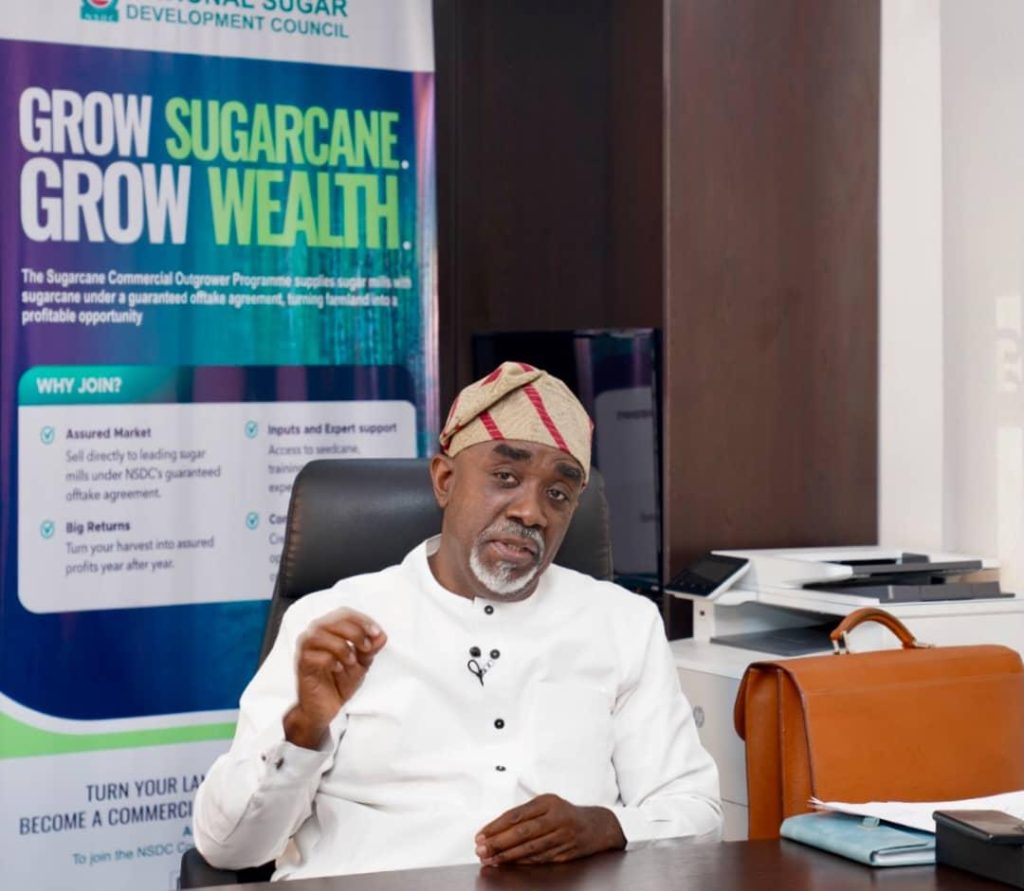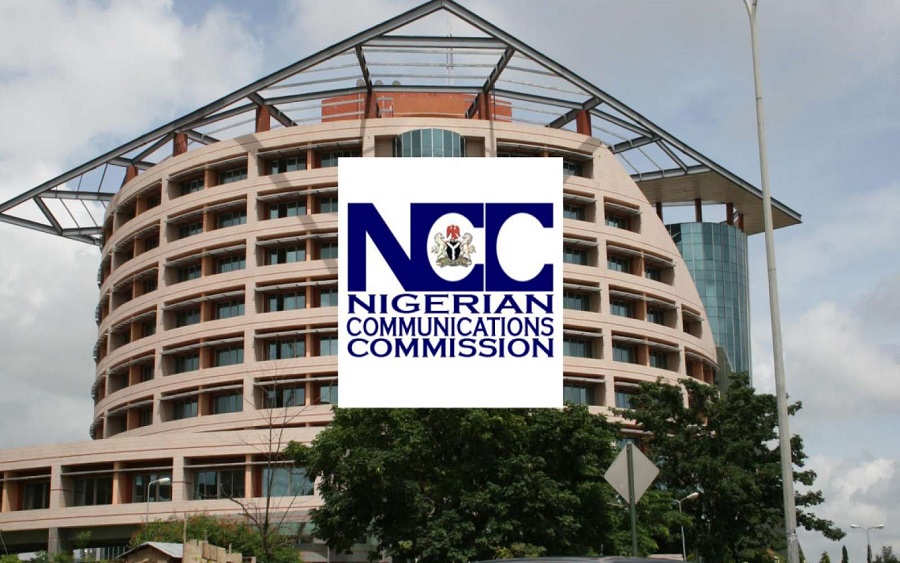U.S. Secretary of State Marco Rubio has underscored the challenges of resolving the ongoing conflict between Russia and Ukraine, emphasizing that securing a lasting peace will require Moscow’s cooperation and pragmatic compromises. In recent interviews with CBS and Fox News, Rubio outlined his views on diplomacy, sanctions, and the role of the United States, while dismissing claims about former President Donald Trump’s stance on territorial disputes.
Addressing the possibility of a ceasefire, Rubio stated unequivocally that “the only way to end this war is to get Russia to agree to a peace deal.” He cautioned against escalating economic pressure on Moscow, arguing that imposing additional sanctions would derail negotiations rather than hasten progress. “They may make people feel good for a couple hours,” he said, “but there’s no one else in the world that can talk to Putin apart from Trump.” The remarks signal a belief in the former president’s unique diplomatic leverage, despite the absence of direct confirmation from Trump himself about his potential involvement in mediation efforts.
Rubio also pushed back against speculation that Trump supports Russian territorial claims in Ukraine’s eastern Donbass region, calling such assertions baseless. “I don’t know who told you that, but they don’t know what they’re talking about,” he said, adding that decisions about contested territories ultimately rest with Kyiv. “These are things Zelensky will have to decide on,” he noted, reinforcing the U.S. position that Ukraine’s sovereignty must be central to any resolution.
While acknowledging incremental progress in discussions, Rubio tempered expectations of an imminent breakthrough. “We’re not on the precipice of a peace agreement,” he said, pointing to lingering divisions between the warring parties. He framed the negotiation process as inherently difficult, requiring mutual concessions. “The only way to reach a deal is for each side to get something and give something,” he said. “If it was easy, this wouldn’t have been going on for 3.5 years.”
The secretary reiterated that the conflict remains Ukraine’s fight, with the U.S. playing a supportive rather than direct role. “This is not our war. The U.S. is not in a war,” he said, while reiterating the administration’s focus on facilitating dialogue. His comments reflect broader debates over Washington’s strategic priorities as the war enters its fourth year, with global attention increasingly divided by other crises.
Rubio’s remarks highlight the delicate balance between diplomatic outreach and punitive measures, as well as the persistent complexities of reconciling Ukraine’s territorial integrity with geopolitical realities. With neither side yet willing to cede critical demands, the path to peace appears fraught with obstacles—and fraught with consequences for regional stability.



